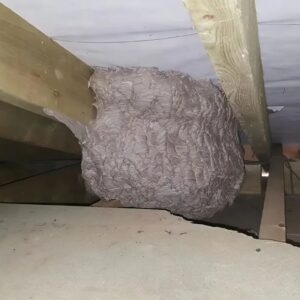Elephantiasis reshapes far more than the body; it alters identity, relationships, and the rhythm of everyday life. The visible swelling can make simple tasks exhausting and public spaces intimidating, while whispered superstitions quietly rewrite a person’s story into something shameful or frightening. Yet this condition is neither a curse nor an inevitability. With timely prevention, accurate information, and committed local health efforts, transmission can fall and new cases can be drastically reduced.
For those already living with chronic swelling, meaningful improvement is still possible. Regular washing and drying of affected skin, protection from injury, elevation, exercise, and, when appropriate, compression or surgery can all lessen discomfort and disability. Just as crucial is the response of families, neighbors, and leaders. When they replace blame with understanding and exclusion with practical support, people with elephantiasis can reclaim dignity, participate fully in community life, and look toward the future with more confidence.





